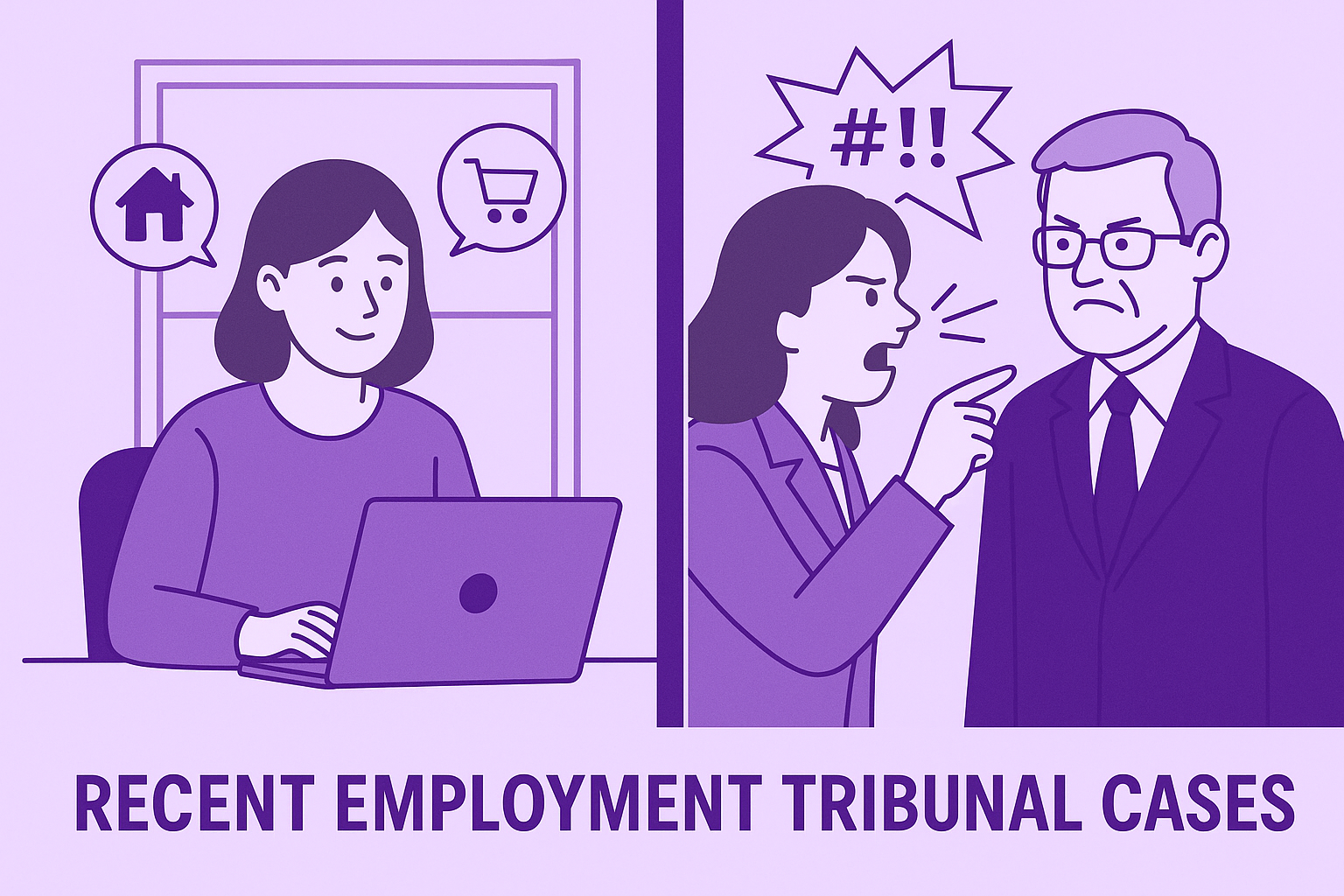Two things have happened this week which have made me think about the wording of recruitment adverts:
1) A contact of mine advertised for a young, dynamic person – thus opening themselves up to an age discrimination claim, as an older person may arguably be more dynamic than a young person.
2) The Army has launched their latest ‘your army needs you’ recruitment drive, thinking outside the box, but upsetting a lot of their target audience in the process with terms such as ‘snowflakes’, ‘phone zombies’ and the ‘me me me millennials’.
Recruitment advertising is a skill. The images you use, the wording you use and the messages you convey about the recruiting employer are all essential ingredients in a well-baked cake.
The aim of the advert is to attract the best possible candidate so that the employer has the ‘pick of the crop’. It is in effect a marketing exercise in which the target message, the correct media and the message all need to be carefully thought through.
The first piece of recruitment advertising I did was in 1996 while working for Dixons Stores Group (DSG). The assignment was to recruit approximately 100 trainee managers for the 4 company brands. The trainees were to be school leavers (18/19 years old) and graduates (21 – 23) year olds. While the discrimination laws in ’96 aren’t what they are today, we still had a target audience and where we advertised and how we advertised played a vital role in getting the rig ht people to apply.
ht people to apply.
Working with a recruitment advertising agency, I went on to build an entire recruitment campaign aimed at our target market using the words and images depicting ‘shocking’ – DSG was an electrical retailer after all. We exhibited at graduate fairs across the country and advertised in schools careers magazines.
The outcome was that we had hundreds of applications and the positions were all filled with bright, eager, engaged trainees who had a defined career path ahead of them.
What was even nicer for me personally, was that we were nominated for a recruitment advertising award. There is unbeknownst to me, a whole industry built on recruitment advertising. The army uses such agencies to develop and run their campaigns, but these are generally price prohibitive for micro, small or even medium-sized businesses.
So how has recruitment advertising changed over the years?
Well, the rise of the internet has massively changed the industry with so many online portals. The increased use of social media has als o meant that smaller businesses can get their message out there much more easily. But, this has consequences as well.
There is now even more competition and more noise, so recruitment advertising has to be more specific and laser focussed and less scattergun. The messages need to be crystal clear to attract the right people. The media chosen for your advertising needs to carefully selected to give you the widest possible exposure for the least cost – there are still a lot of people who will just take your money!!!
The second consequence is the number of people applying for roles has significantly increased. More people have quicker and easier access to job adverts. They set up searches, they apply automatically without even properly looking at the roles and they may not have either the skills or experience needed, but a job title fits or a location fits, so their CV is submitted. This has huge implications for the selection process (but that is a whole different blog).
When advertising, you need to think like a marketer: Market, Message, Media!
1) Who do you want to attract? What skills and personality traits will they need to be successful in your company and in the role?
2) What will make the right people pay attention and submit their application
3) Where are your target applicants hanging out? Online and offline.
Recruiters need to be aware that before you can select the right employee, you need the right applicants to apply.



